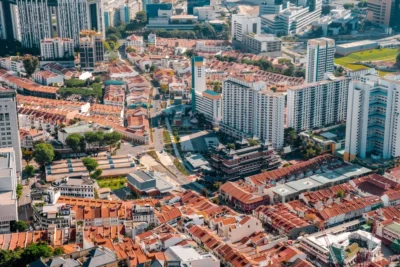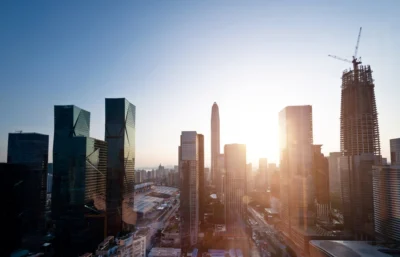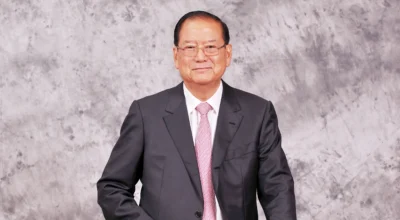Japan construction industry undergoes digital transformation
Construction sites in Japan are actively using remote-controlled robots, unmanned hefty machinery, and other digital technology
Japan’s construction industry is utilising more digital technology as a result of the COVID-19 pandemic. Such technology first began as support for general contractors to manage the ageing workforce and labour shortages, but has since then been more beneficial as the pandemic imposed social distancing and “remote work” trend in the industry, reported The Japan News.
In July, Kajima Corp. used unmanned equipment for building the Naruse Dam in Higashi-Naruse, Akita Prefecture. The machinery was programmed ahead of time, and workers were able to control the movements and operations from an isolated control room. The company expects to launch a total of 23 machines henceforward, accompanied by only four workers onsite.
Head of Kashima’s automated construction promotion section mentioned, “we can avoid crowded settings by operating with fewer people.”
More: Apartment investments in Asia Pacific triple in first half of 2020, thanks to Japan
Shimizu Corp. also started developing technology, in which a tablet device would control multiple robots to jointly perform a chain of operations. Such technology has already been implemented onto construction settings, reducing workers by 70 percent.
Other construction companies like Taisei Corp. and Kawada Technologies Inc. have developed technologies that help with remote inspections, so workers can inspect and operate from various locations.
By 2025, the construction workforce is expected to drop to 2.16 million, which is two-thirds of the amount in 2014, as reported by the Japan Federation of Construction Contractors. One-fourth of the construction workforce will also be 60 or older in 2025, driving urgency in utilising digital technology.
Recommended
Foreign demand recalibrates in Southeast Asia housing markets
Even amid global headwinds, Southeast Asia’s property markets hold appeal for foreign buyers
Tariffs and turmoil test Singapore homes as suburbs hold firm
Foreign levies, regional wars, and buyer fatigue are putting pressure on the city-state’s housing market
Gulf luxury markets lure global capital amid policy shift
Gulf nations are shaking off a reputation for overt bling to lead a post-pandemic luxury boom
China housing slump deepens as oversupply drags prices
Concerns remain over surplus inventory built by troubled property developers as prices continue to fall across all but a handful of major cities









